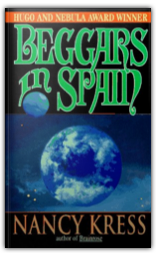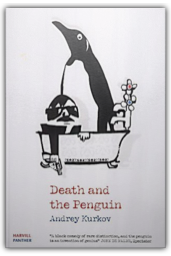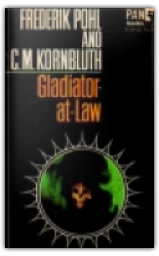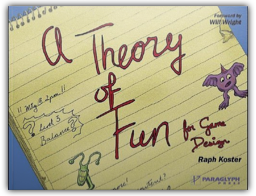 Beggars in Spain
Nancy Kress
Beggars in Spain
Nancy Kress
Many of us wish we could get by with less sleep. Beggars in Spain extrapolates that wish into a future where some people need no sleep at all. Nancy Kress, an award-winning author of novels, short stories, and columns on writing, has created another thoughtful but dramatic statement on social issues.  Death and the Penguin
Andrey Kurkov
Death and the Penguin
Andrey Kurkov
The publication of Death and the Penguin, Andrey Kurkov's debut novel, heralds a unique new voice in post-soviet satire. Set in the Ukraine in the years immediately after the collapse of the Soviet Union, this dark, deadpan tale chronicles the journalistic career of Victor, who shares a flat with Misha, his depressed Penguin, rescued from the under-funded zoo in Kiev. Victor is asked to write obelisks, obituaries, for a prominent city paper about notable figures in the community, and quickly transforms himself from struggling writer to wealthy journalist. It soon becomes apparent that there is a more sinister motive at play, and Victor finds himself descending in a Kafkaesque realm of suspicion and unease. |
 Made with Delicious Library
Made with Delicious Library
London, State zipflap congrotus delicious library Scott, Mike













